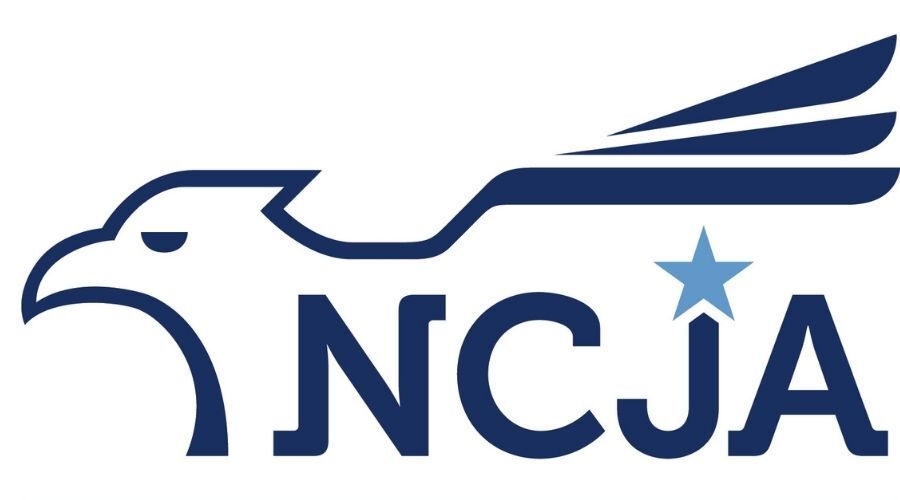
Subgrant Monitoring: Steps for a Successful Process
This is the second of a two-part 90 minute (3-hour total), series focused on subgrant monitoring responsibilities as a pass-through agent of federal grant funds:1) Subgrant Monitoring: Setting the Stage for Success and 2) Subgrant Monitoring: Steps for an Successful Process. In this series, participants will understand the importance, purpose, expectations and requirements for subgrant monitoring. Further, participants will learn about subgrant management processes, tools, techniques, and training that can support successful grant management and subgrant monitoring outcomes. Using and applying the knowledge they gained will allow participants to assess their agency’s subgrant monitoring practices to identify both best practices and areas for potential improvement that will lead to more efficient and effective processes.
Subgrant Monitoring: Steps for a Successful Process is designed to ensure that grant managers to have a working knowledge of the components for a successful subgrant monitoring process.
Learning Objectives:
As a result of this training, participants will:
· Employ an appropriate type of monitoring that matches the assessed level of risk of subgrantees
· Examine the components of programmatic grant monitoring.
· Examine the components of financial grant monitoring.
· Differentiate between programmatic and financial grant monitoring components.
Topics Covered:
Grant Monitoring a Risk-Based Approach
Where to Begin?
· Subgrant application reviews
· Financial Management Questions
· Financial Audits
Indicators of Risk
Levels of Monitoring
· Desk Monitoring
· Enhanced Desk Monitoring
· Structured Desk Monitoring
· Comprehensive Planned On-site

Meg Williams
Former Manager
Office of Adult and Juvenile Justice Assistance, Colorado Department of Public Safety, Division of Criminal Justice
Meg Williams retired from the State of Colorado in July of 2019. During her 20-year tenure with the state, she served as the Manager of the Office of Adult and Juvenile Justice Assistance (OAJJA) at Colorado’s Division of Criminal Justice, Department of Public Safety. As such, she was responsible for the management of federal and state grant programs which sought to assist with and improve the criminal and juvenile justice systems. She was responsible for participation in and oversight of innumerable federal monitoring processes, both comprehensive on-site visits and desk reviews from federal funders (BJA, OJJDP, BJS, NIJ) the Office of the Chief Financial Officer and Office of Inspector General. She was also responsible for ensuring subgrant managers for the programs she oversaw assessed the risk of subgrantees and provided the commensurate level of financial and programmatic monitoring to subgrantees. Finally, Meg was also responsible for ensuring that subgrantees were provided grant-specific training and other resources that assisted them in implementing appropriate grant management practices.
Meg also served as a member of many inter-disciplinary boards, task forces and councils in Colorado regarding adult criminal and juvenile justice systems improvement. In 2010, Meg traveled to Tbilisi, Georgia to assist the Georgia Ministry of Justice in developing juvenile diversion programming which is now available to youth across the country and showing tremendously positive outcomes including reduced recidivism. In 2016, she traveled to the country of Suriname and assisted their Ministry of Justice in developing and implementing a strategic plan to improve the socialization and integration of young offenders back into their communities. Key justice stakeholders continue to meet and implement the Strategic Plan. Meg is a graduate of Kenyon College in Ohio with a bachelor’s degree in Psychology and received a master’s degree in Public Administration from the University of Colorado at Denver.

Tammy Woodhams
Director of Programs and Grants Training
NCJA
Tammy oversees the National Center for Grants Management at NCJA. She is a certified grant management specialist (CGMS) through the National Grants Management Association (NGMA), and is a certified project management professional (PMP). She has an interest and taught stress management workshops for criminal justice practitioners in conjunction with the National Criminal Justice Forum. Tammy also helps to support the work of the VOCA Center. She works to assist the executive director to promote, coordinate, facilitate, and deliver training and technical assistance designed to enhance justice planning and build capacity of state, local and tribal governments across the nation. Tammy assists in curriculum development, research and identification of model strategies, use of virtual communication tools and contributes to the information clearinghouse. Tammy obtained her bachelor’s degree in criminal justice from Western Michigan University.
